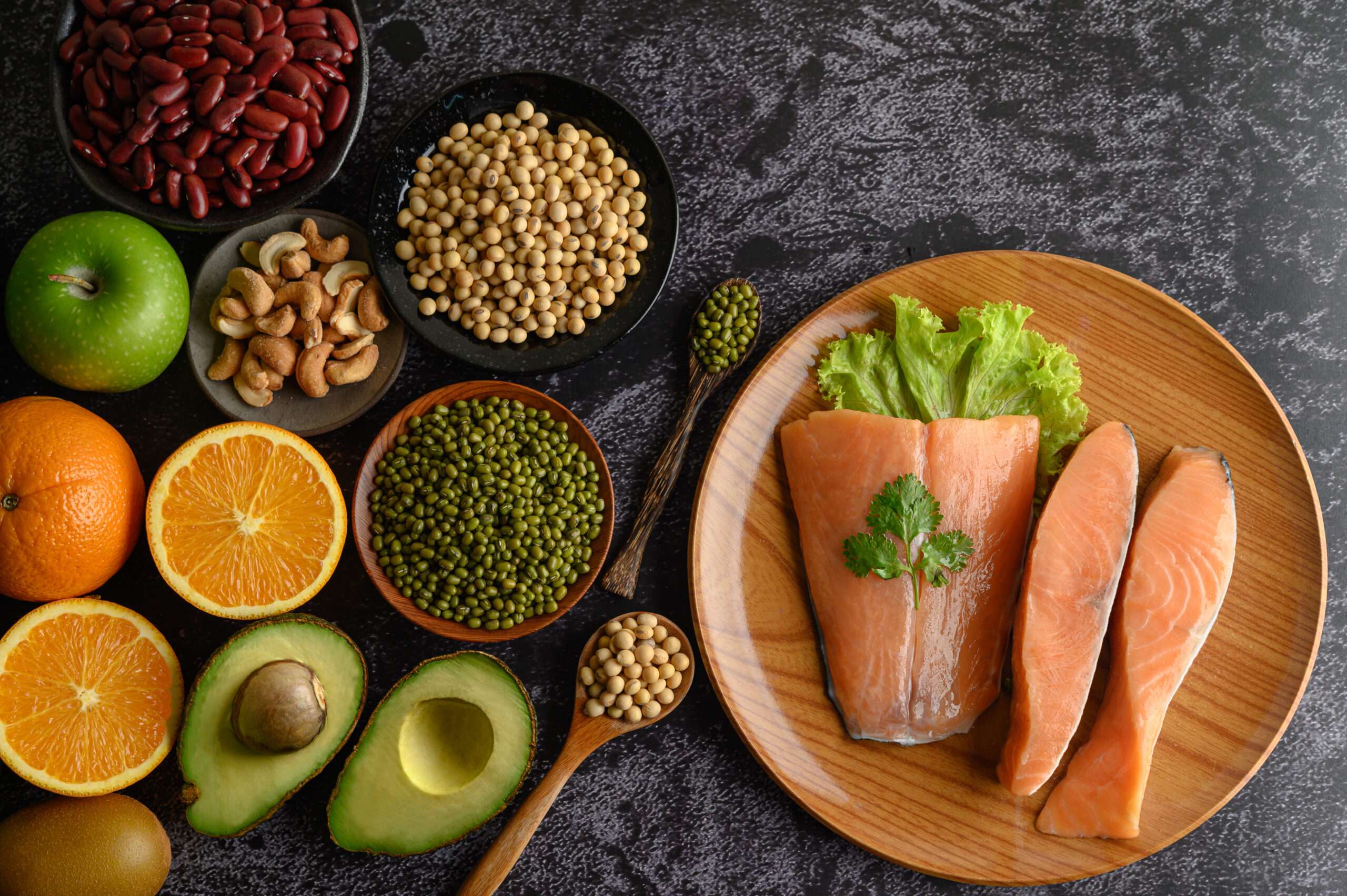In this blog post, we will discuss the benefits of omega-3 fatty acids for PCOS. First of all, let’s look at What is polycystic ovary syndrome.
Polycystic ovary syndrome is a hormonal imbalance that mainly affects women of reproductive age. Symptoms of PCOS include irregular periods, weight gain, fatigue, stress, severe acne, and excessive hair growth in the body mainly on the face.
According to the World Health Organization (WHO), an estimated 8-13% of women of reproductive age are affected with PCOS. Among them, up to 70% of affected women remain undiagnosed.
In common practice, we know PCOS as the cysts in the ovaries. The cyst is that makes it difficult to ovulate and a hurdle for a woman to get pregnant.
Every couple dreams of producing a baby with their partners, but many lose hope in the Pcos case. It is not impossible to get pregnant with PCOS if you can manage the symptoms of PCOS. Although PCOS cannot be cured, proper diet and lifestyle modifications can manage it.
What is omega-3 fatty acid?
Omega-3 fatty acids are polyunsaturated, healthful fats found in foods such as fish and flaxseed and nutritional supplements like fish oil. Common omega-3 fatty acid-rich foods include fatty fish, fish oils, flax seeds, chia seeds, flaxseed oil, and walnuts.
Omega 3 fatty acids help deal with the major symptoms of PCOS in the following way.
Regulation of menstrual cycle
Increasing healthy fats, such as omega 3s, and decreasing saturated fats may help to reduce and manage menstrual bleeding. It also impacts uterine contractions and blood flow, causing cramping.
Consuming Omega-3 can thus provide relief from period cramps. Omega-3s are believed to balance testosterone levels in PCOS polyps, regulating the duration of menstrual cycles and reducing the severity of menstrual cramps.
Omega-3s provide strong benefits, including reducing androgen/testosterone levels (say farewell to facial hair and acne!). Also, read Magnesium for menstrual cramps
Inflammation reduction
The body needs omega-3 fatty acids to develop anti-inflammatory cells. It affects the body’s production of prostaglandins, which is a chemical that has a role in inflammation(in the ovaries, uterus, and other reproductive organs), but saturated fats promote inflammation.
Improvements in fertility
Omega-3s have been proven to stimulate the synthesis of follicle-stimulating hormone (FSH), a hormone required for egg growth and maturation. This can improve the likelihood of conception.
Weight management
Approximately 40%-50% of people with PCOS are overweight. Omega-3s, particularly those contained in fish oil EPA and DHA, can aid in weight loss by increasing metabolism and decreasing inflammation.
PCOS friendly 1-day diet plan

| Pre-breakfast | A glass of water in Overnight soaked chia seeds |
| Breakfast | Apricot chia pudding(made with soy milk, honey, vanilla extract, fresh apricots, a handful of walnuts, and chia seeds) |
| Snack-1 | Banana walnut quinoa bars |
| Lunch | Grass-fed beef with curry + wild rice cooked with vegetables |
| Snack-2 | Avocado tuna cucumber salad bowl |
| Dinner | Flax-crusted baked chicken |
| Bed-time | 1 Hard-boiled egg +1 glass milk |


You’re welcome! I appreciate your willingness to engage further. If you have any specific questions or topics you’d like to delve into, feel free to share them. Whether it’s about recent developments in technology, intriguing scientific discoveries, captivating literature, or anything else on your mind, I’m here to provide insights and assistance. Simply let me know how I can help, and I’ll be happy to assist you further!